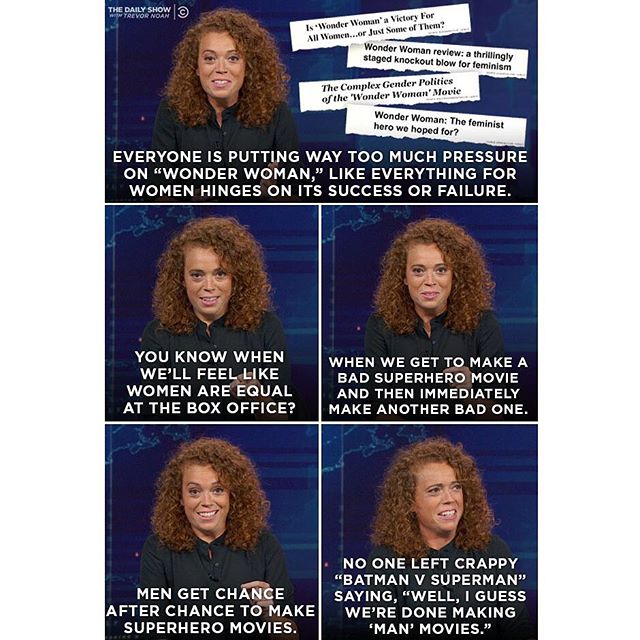@Sparks said in Accounting for gender imbalances:
Now maybe it genuinely is just an idle philosophical exercise to some people to shift discussion of "how" to "if" instead. But to a lot of us in the STEM fields? It is part of our daily professional life in some way or another, not just some abstract thought exercise.
I'll start by saying that I don't believe that @Ghost's comment "if you take a female candidate who isn't as skilled..." was intended with any malice. That said, everything Sparks said is accurate. This is a daily grind. It sucks. It's exhausting. And "Just hire the best person for the job" is one of those arguments that is quite frequently trotted out to trivialize the very real struggles that women/POC/LGBTQ candidates face in tech.
Here's a concrete example that has nothing and everything to do with gender. It's quite trendy for software companies these days to expect candidates to do all kinds of extracurricular activities. Conferences. Open source projects. Community engagement. Or they'll make doing some kind of coding project--requiring hours of work--part of the interview process. Sounds great on paper, right? Anybody who's doing all that crap outside of work must be super devoted.
But you know who doesn't have time for that kind of stuff? People with families. Especially women. Also other minority candidates who may face additional social challenges that divert their attention outside of work.
Does that make them any worse at doing their job? Only if the core facet of the job is "your ability to work on your job outside of working hours", which is a pretty crappy reason to hire somebody.
There's plenty of research to support the idea that having a more diverse workforce is valuable, so this should be something we strive to change. But unless we challenge our preconceived notions about what constitutes a good candidate and recognize the inherent biases in the hiring processes and culture in tech, we're never going to make progress.
